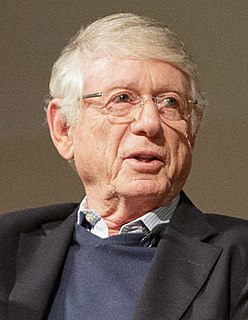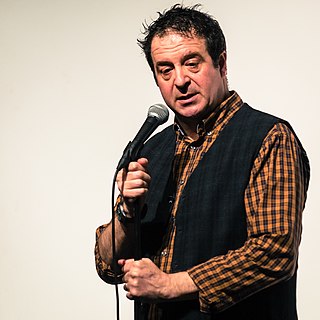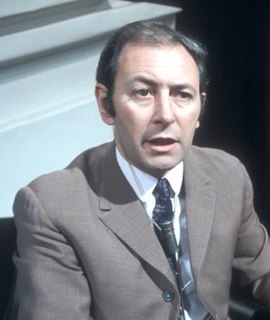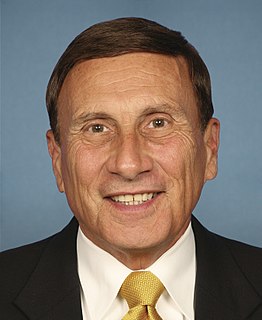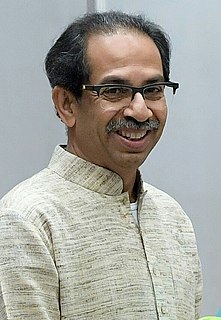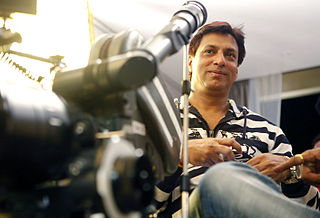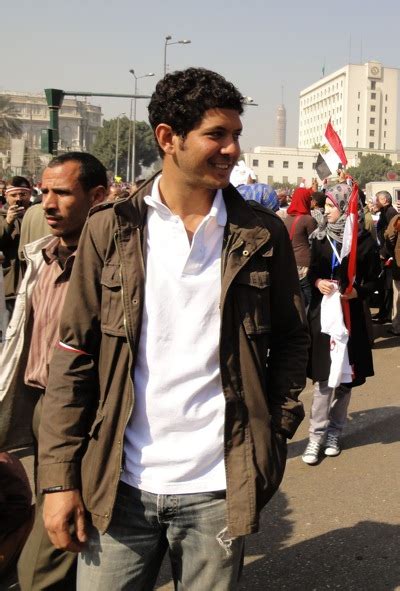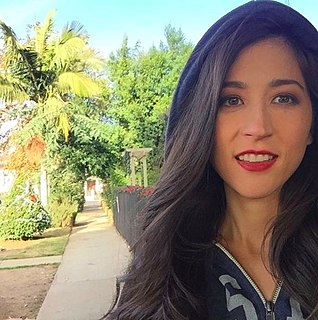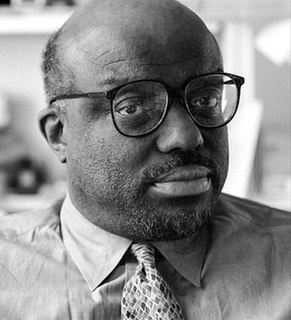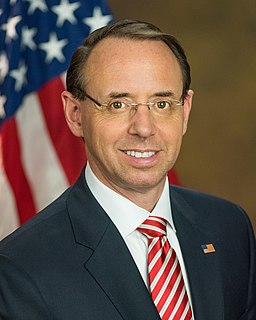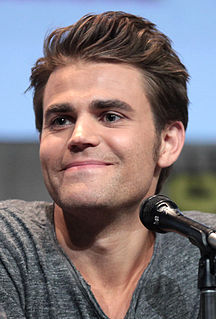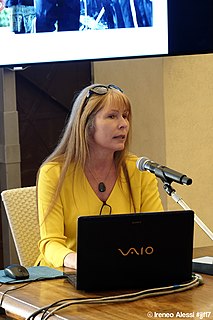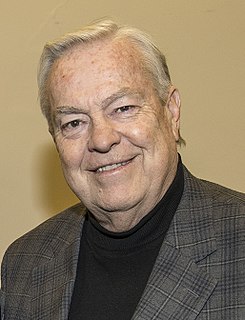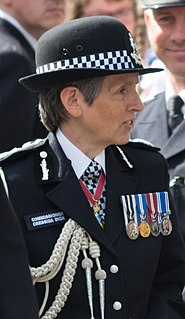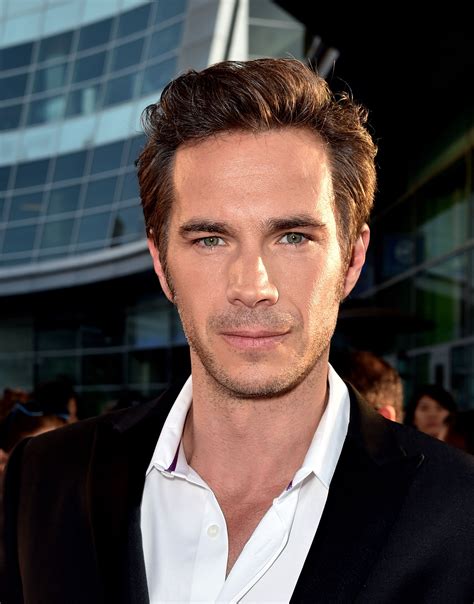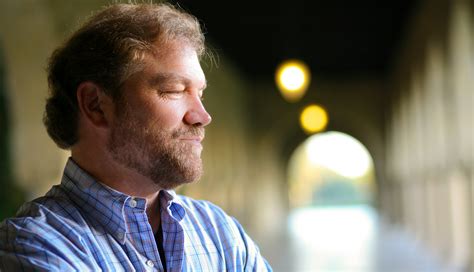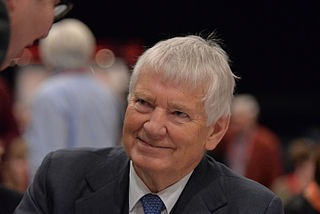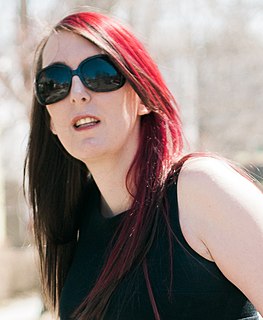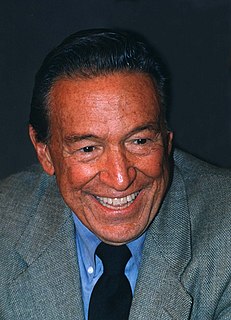Top 1200 Investigative Journalism Quotes & Sayings - Page 4
Explore popular Investigative Journalism quotes.
Last updated on December 19, 2024.
Comedians, such as yourself, Jon Stewart and others, are a valuable supplement, and here's why: Good journalism at its best frequently speaks truth to power. What's happened with journalists - again, I don't except myself from this criticism - in some ways we've lost our guts. We need a spine transplant. What's happened is comedians, in their own way, speak truth to power and fill that vacuum that we in journalism have too often left, particularly post 9/11.
Matt Drudge's role in the Monica Lewinski scandal] strikes me as a new and graphic power of the Internet to influence mainstream journalism. And I suspect that over the next couple of years that impact will grow to the point where it will damage journalism's ability to do its job professionally, to check out information before publication, to be mindful of the necessity to publish and broadcast reliable, substantiated information.
The more readings a novel has, even contradictory, the better. In journalism, you talk about what you know; you have provided yourself with records, you have gathered information, you have performed interviews. In a novel, you talk about what you don't know, because the novel comes from the unconscious. They are very different relationships with words and with the world. In journalism, you talk about trees; in the novel, you try to talk about the forest.
The ‘I’ character in journalism is almost pure invention. Unlike the ‘I’ of autobiography, who is meant to be seen as a representation of the writer, the ‘I’ of journalism is connected to the writer only in a tenuous way—the way, say, that Superman is connected to Clark Kent. The journalistic ‘I’ is an overreliable narrator, a functionary to whom crucial tasks of narration and argument and tone have been entrusted, an ad hoc creation, like the chorus of Greek tragedy. He is an emblematic figure, an embodiment of the idea of the dispassionate observer of life.
I came to nonfiction through journalism. My first book was journalism, and it was so frustrating to me, while I was writing it, that I wasn't capturing the moments the way they were when I lived them; I was filtering and re-filtering. I had to come to terms with the fact that I couldn't and shouldn't claim authenticity. Then, when the book was published and I gave readings, I'd hear myself read and it was like I was eavesdropping on a dream - even with myself as the narrator. I knew that guy but couldn't exactly recognize him.
I hated the culture, I hated the work. I very quickly realized that this wasn't what I wanted to do. So, after two years, I took some writing courses - I always loved to write - and I figured the only way I was going to get paid to write was in journalism. I really wasn't very involved politically with anything up until that point. Then I started reading about the second Palestinian Intifada, and I spoke to friends in activist and journalism circles. Then, somehow by complete luck, I ended up at Democracy Now.
I've always been a writer. I started getting paid for writing in college. Where it transitioned from commentary to journalism was in that shift - not wanting to write personal stories because people are hungry in not necessarily great ways for the sexy, sexy, sex work story. I was trying to shift the focus, and journalism was the tool I needed to write about people outside my own life and range of experience.
Our mission is to help people discover and support great journalism. But something like Blendle, asking micropayments for journalism, hasn't been done before on this scale and with our broad support from media companies. So we want to do it well and listen very carefully to the feedback of our users first. That feedback from the early community is very important to us.
Very rarely are you going to see the large shareholder or CEO of a corporation march into a newsroom and say, "Cover this story, don't cover that." It's a much more subtle process. The professional code adapts, but what we try to see, is how commercial and corporate pressure shape both the professional code and the sorts of things that are considered legitimate journalism and illegitimate journalism.
You do not need to go to journalism school if you want to work in the fashion industry. I think high schools condition you to think this way: If you want to be a fashion editor, go to fashion school. If you want to be a writer, you should study journalism. I think that the best school in life is experience.
I think everybody's talking about like facts and truth and you know like that 'We're here to fact check' and all of that, that's the base material of journalism. You cannot have journalism without facts and truth. But if facts and truth were what actually you know sort of moved people's lives and moved their decision-making like the election would have had a different outcome.
I feel like a lot of people involved with celebrity journalism have interesting ideas about the people they want to write about going into the interview. Then as soon as they actually sit down with that person, they basically ask the questions they think journalists are supposed to ask, and they start viewing themselves almost as a peer of the subject. Like they're going to become friends. That's why most celebrity journalism is so terrible.
Journalism today is obviously in a major transition. Going to journalism school, learning how to write, working your way up in a little paper in Decatur, Georgia and then moving to Atlanta and then maybe to New York: it's just over. You have to have a whole other set of skills now. You have to be a videographer, you have to do social media. You can't do a long, thoughtful, insightful piece if you don't have the time to do reporting, particularly reporting around somebody who doesn't want to be known or an issue that doesn't want to reveal itself.
A reckoning is coming on the state of the internet journalism, because right now, the way it's set up, there is so much room for libel to squeak through that you're going to see...they're going to rewrite the rule book on journalism very soon. They have to, because the bloggers are getting away with so much rumor-mongering about public officials and even private figures because they don't have editors and they don't have fact checkers and they don't have lawyers. There is going to be a price to pay somewhere down the line.
A lot of people involved with celebrity journalism have interesting ideas about the people they want to write about going into the interview. Then as soon as they actually sit down with that person, they basically ask the questions they think journalists are supposed to ask, and they start viewing themselves almost as a peer of the subject. Like they're going to become friends. That's why most celebrity journalism is so terrible.
I respect journalism. I was always very aware of journalism from a very broad point of view, but I'd say my baptism by fire was doing the Donald Margulies play Time Stands Still. That for me was a real education because I spent a lot of time with some incredible journalists, war reporters particularly - Bob Woodruff, Dexter Filkins - people who were very helpful in painting the picture for me and reading the accounts of people and what they experienced, a lot of PTSD.
News at Work is a vivid, inside look at the collision of print journalism and electronic media. Based on close access to the leading news organizations in Buenos Aires, Boczkowski documents how contemporary journalism is caught in the grip of emulation; this spiral of imitation exacerbated further by global news media and their intensifying homogenization. The portrait of this transformation of the news is both fascinating and deeply worrying, and is guaranteed to provoke debate.
I discovered that I had, in the past two decades, written a far greater amount in the essay form than I remembered. Certainly I have written enough of it to demonstrate that I harbor no disdain for literary journalism or just plain journalism, under whose sponsorship I have been able to express much that has fascinated me, or alarmed me, or amused me, or otherwise engaged my attention when I was not writing a book.


